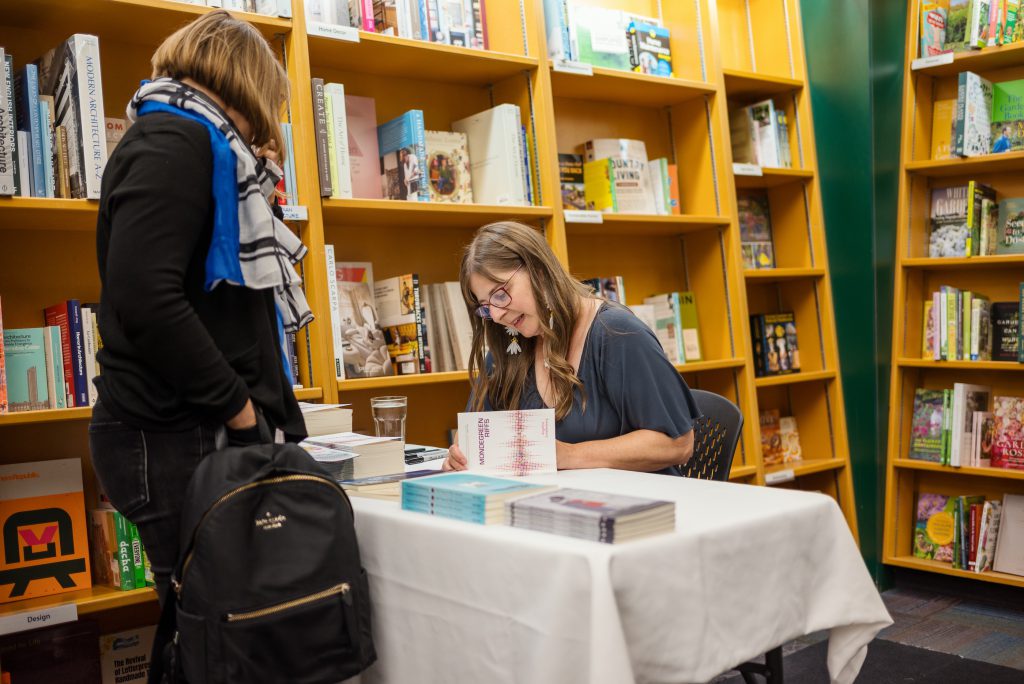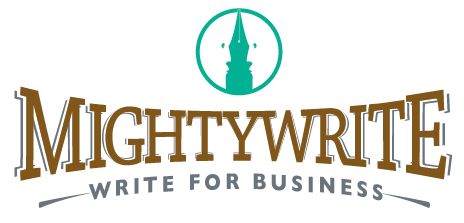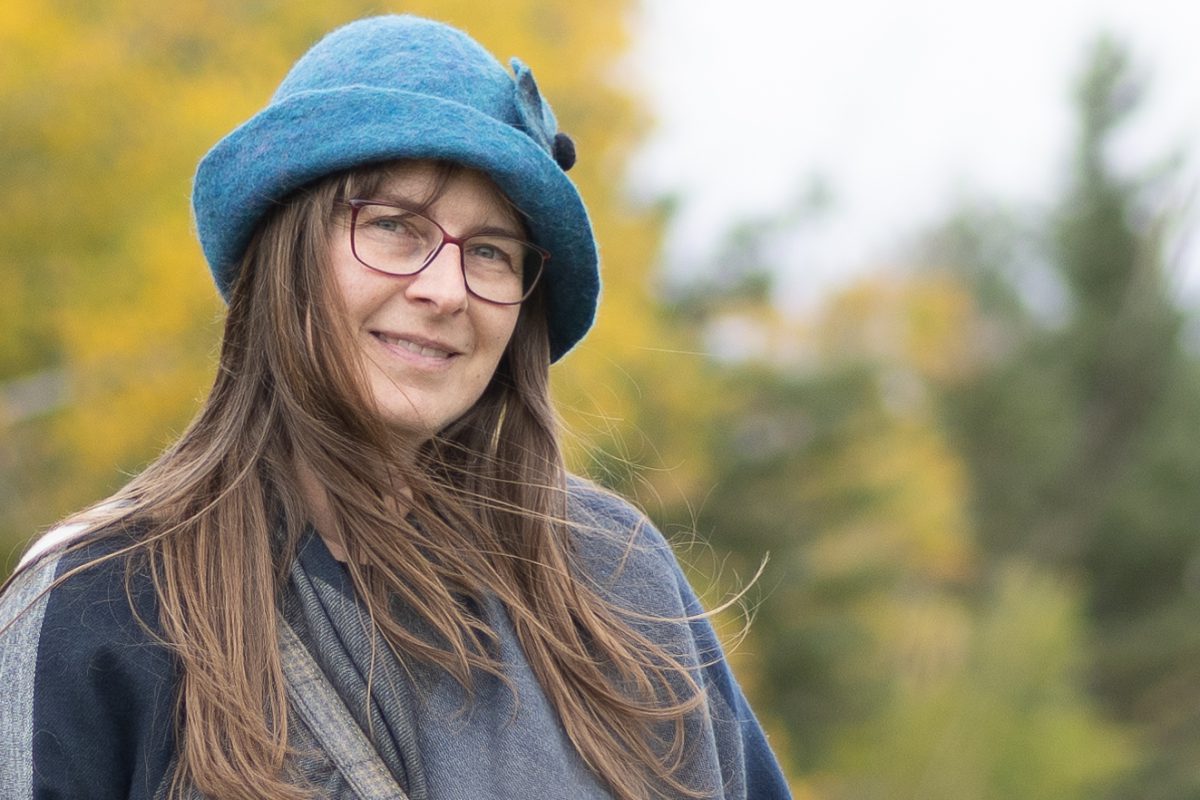Angeline Schellenberg celebrates the launch of Mondegreen Riffs (At Bay Press). Weaving the sights and sounds we perceive with the questions we dare to ask, Mondegreen Riffs explores the intersection of sensation, meaning, and wonder. This groundbreaking collection intertwines three series: prose poetry on the social history of colour; poems impersonating musical instruments; and lyrical answers to odd online inquiries such as “If I eat myself, would I become twice as big or disappear completely?” Schellenberg invites us to embrace a holy uncertainty, and in doing so to “mishear the most beautiful things.”—McNally Robinson Booksellers, YouTube.
When I saw this promo on my favourite Indie bookstore’s YouTube channel, I knew I had to attend. But that wasn’t the only reason. Mondegreen Riff had literally taken my breath away.
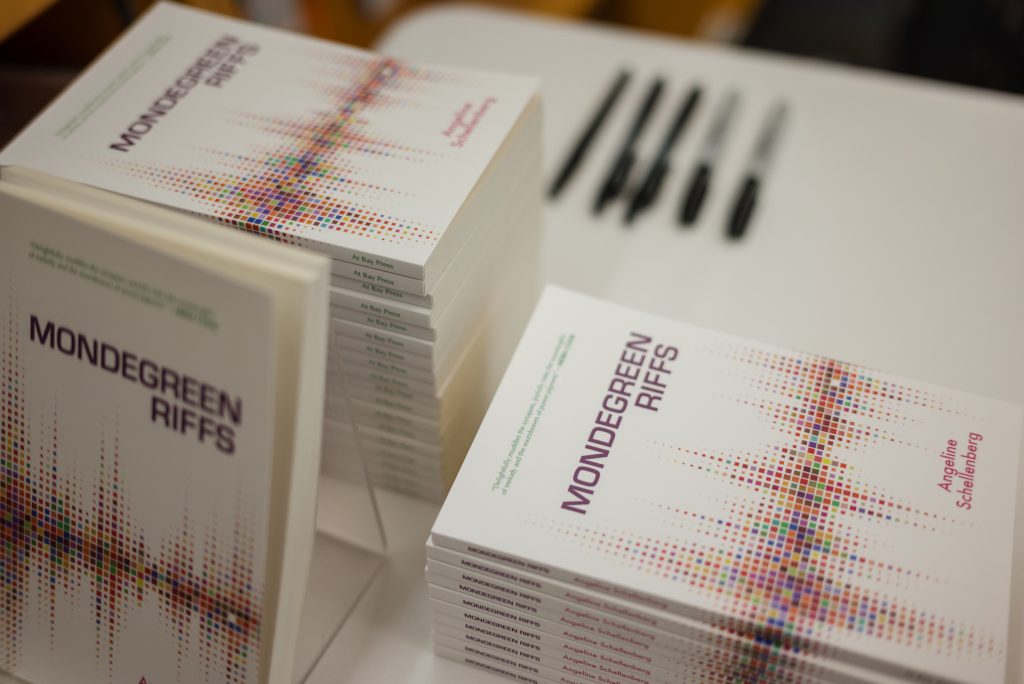
Having that same effect on readers, as they turn the pages on my upcoming collection, Somewhere Home, is my greatest hope.
I knew I needed to know more about Angeline’s journey in achieving this. I was thrilled when she agreed to an interview.
I most often write about people who aren’t always seen and heard. This isn’t the case for Angeline. She is recognized as one of the best poets in my old hometown of Winnipeg, Manitoba, Canada. She also hosts “Speaking Crow” a monthly poetry open mic series presented by Plume Winnipeg. There, she graciously steers along a ragtag entourage of poets–many like me–who are still finding their way.
Grab a bevvy and settle in to join our conversation. There’s many gems for enquiring poet minds.
Me/L: I find I’m returning to Mondegreen Riff over and over. It’s like a warm embrace and calming for the soul. Tell me more about how this beautiful book unfolded for you.
A: The colours came first and grew out of my second book about my grandparents (Fields of Light and Stone), which I was writing concurrently. For that book I was doing research on Prussia– where I learned about Prussian blue–and wrote a poem about that. I thought, ‘Why don’t I write about other colours and see where that takes me?’ It was a nice break from thinking about cancer and dementia to dive into art history or colour psychology and play with the gathering of words—from research instead of just from my own experiences. I published a version of the colour poems in Blue Moon, Red Herring, a chapbook in the form of a paint-swatch book, with JackPine Press, in 2019. From 2017 to 2020, I was also working on a series of poems about musical instruments, starting with the brass section. I wove the colour and music pieces together into a manuscript, but it was still too short and felt too incomplete to submit to a book publisher.
I was at a writing retreat with Joanne (Epp) at my aunt and uncles’ cabin and I started looking up all these odd questions on the Internet. They made me laugh and I found ways to answer them “sideways”. Some of the people offering answers to these questions were very rude. I didn’t know why people were asking these questions—Maybe loneliness, or the desire for attention. I wanted to honour that and work against those nasty comments: ‘Here’s a comment that sees beauty and humanity in the questions being asked.’
L: The section headings are so interesting. How did those come to be?
A: Those happened just before the book went to print. At the time we were editing, I was doing Ignatian exercises, which is placing yourself in a biblical story and writing about it. We were meeting once a week to talk about this, so it was on my mind. I continued to follow that trail as I was writing the book, and it seemed to be working.
“A Bruised Reed” – Jesus caring for things weak rather than rejecting them.
“Not Love, I Have Become Sounding Brass” – First Corinthians love chapter – what does love mean?
“Before a Word is on My Tongue” – Psalms, language, feelings of being misunderstood.
“Stretch out Your Hand” – Healing and hope.
“On Earth as It Is” – The beauty of the heavenly realm in our lives, acceptance.
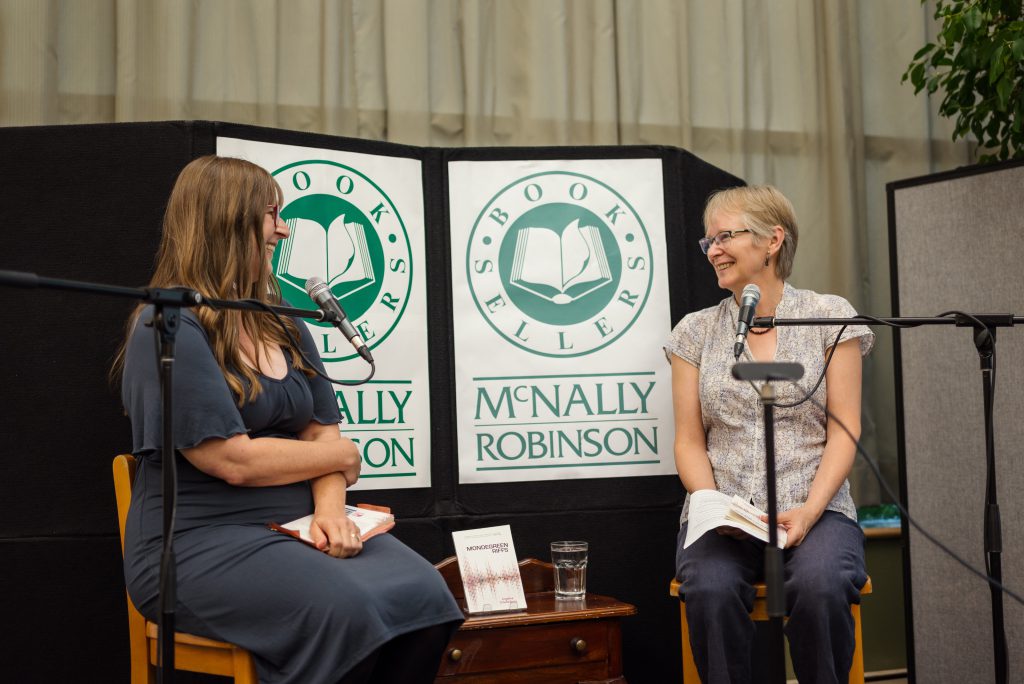
L: Your reading at the McNally launch felt so joyful. Tell me about that.
A: The launch of my first book, Tell Them it Was Mozart, (in 2016) was one of the happiest days of my life. My friends were so happy I was finally living my dream. Then, my second book (Fields of Light and Stone) was scheduled to launch in March 2020. (We all know how that went). For this one, I felt so supported, doing what I love.
L: I often write about those who aren’t seen or heard. Is there anything you could say about that in your journey as a poet—or a human?
A: I love the feeling of poetry in my mouth and the sound of it in my ears and the experience of sharing that with people who are engaged with the poem, laughing, gasping. The energy in the room is always a wholesome experience.
“Speaking Crow” gives that experience to other writers. It’s a chance for new writers to have people listen intensely to their words and cheer them on.
We all need that feeling of being heard.
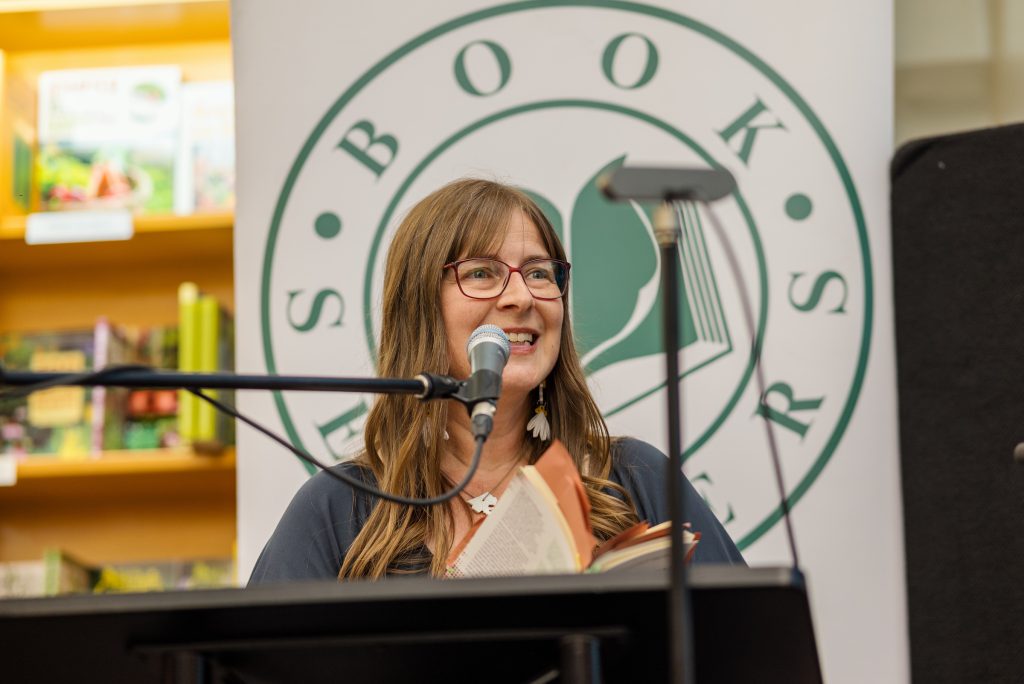
L: So many lines in the collection stood out for me and some cracked me open a bit…
“I took my son to the edge of what I knew, and we jumped in together.”
A: I struggle to call myself a mother or any role, I find it hard to fit myself into the idea of ‘this is what a good mother looks like’. I’m me and I love my son and am available to him. I hold his hand through things, and we walk together. It’s scary when we often don’t know the right thing to do. All I can do is offer who I am. I feel like that in everything. I don’t play roles. The older I get, the harder it is to pretend, to fit a role. Sometimes I have brain fog, sometimes I’m nervous, sometimes things don’t work out the way I want them too.
I’m Angeline, I love poetry, I’m here to engage you in poetry and offer what I have.
L: “Each poem finds its own forests.”
A: That was a ‘mishearing’! My editor, Jennifer Still, told me, “Each poem finds its own force,” but I heard “forest” and decided to go with it.
L: “I am all the things I did not throw away.”
A: Not sure, maybe I was thinking of Ignatian spirituality and holding things lightly. In my first book everything was based on my own experiences, and I knew what I wanted the reader to picture. That book was about my life, so it felt personal when a reviewer misinterpreted it, for instance, by naming the wrong diagnosis or calling my daughter a son. This one isn’t as confessional; it’s more about the play of language and the world. The long poem, “How long can you keep a brain alive outside the body”, is a question poem but it is an explanation for some of the darker lines in the colour poems. I’ve only performed that one once, it feels more personal.
L: Spirituality seems to guide you in your writing. Can you talk about that?
A: Part of life comes through that way. It came through even more as I was working with an editor. I wasn’t sure if publishers were interested in publishing spiritual poetry. But they said, ‘there are hints of this,’ let’s bring it out more.
You can tell in a poem if a writer’s holding back, avoiding showing who they are. You don’t have to spill all your deep dark secrets, but there needs to be a sense of authenticity and vulnerability.
This is the writer sharing proof and being truthful.
L: What else guides you?
A: Up until a few years ago I had things I wanted to process through writing. I wrote about my kids and their diagnoses, a miscarriage, the deaths of my grandparents, and exploring colour and music. Do I force myself to write for the joy of playing with words or wait until I have a new theme? I’m always keeping my eyes open for the next thing I want to write about.
L: Your research is very evident in this collection. How might other poets use research to move their work forward?
A: The research takes you out of yourself, if you’re stuck using the same idea, the same cadence, the same favourite words. Research brings in new things.
L: During your launch, you laughed about psychoanalysing yourself after writing a book. Did this book reveal things you didn’t know about yourself or anything new?
A: I’m always discovering things about myself that are answered by my writing.
L: Any words of wisdom for new poets who might feel like imposters or unsure of how to move their work forward?
A: How do you define success as a poet?
The main things to ask yourself is, do you enjoy it? Do you get pleasure putting words together and sharing them with others?
You can watch the full, joyful McNally Robinson launch of Mondegreen Riffs here.
